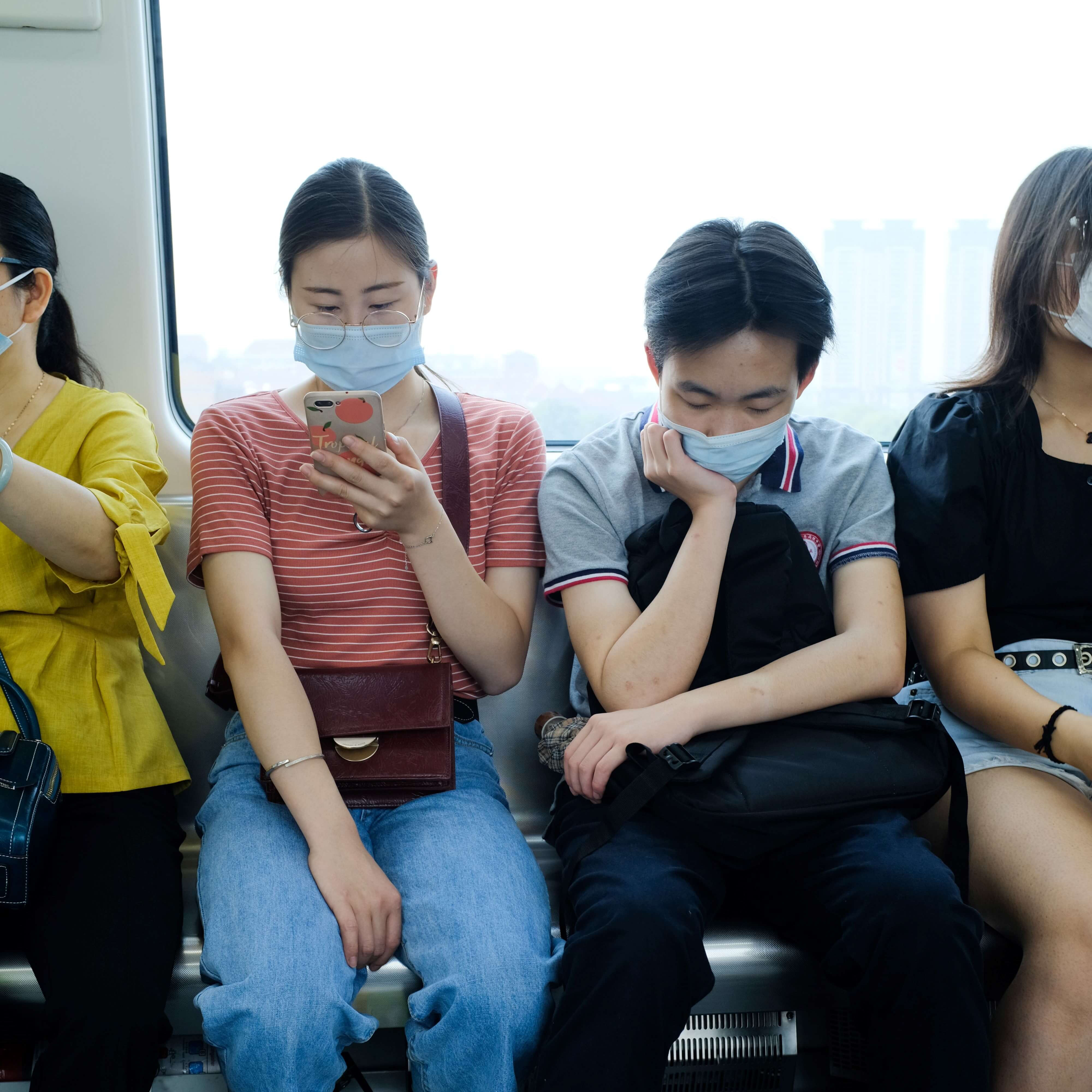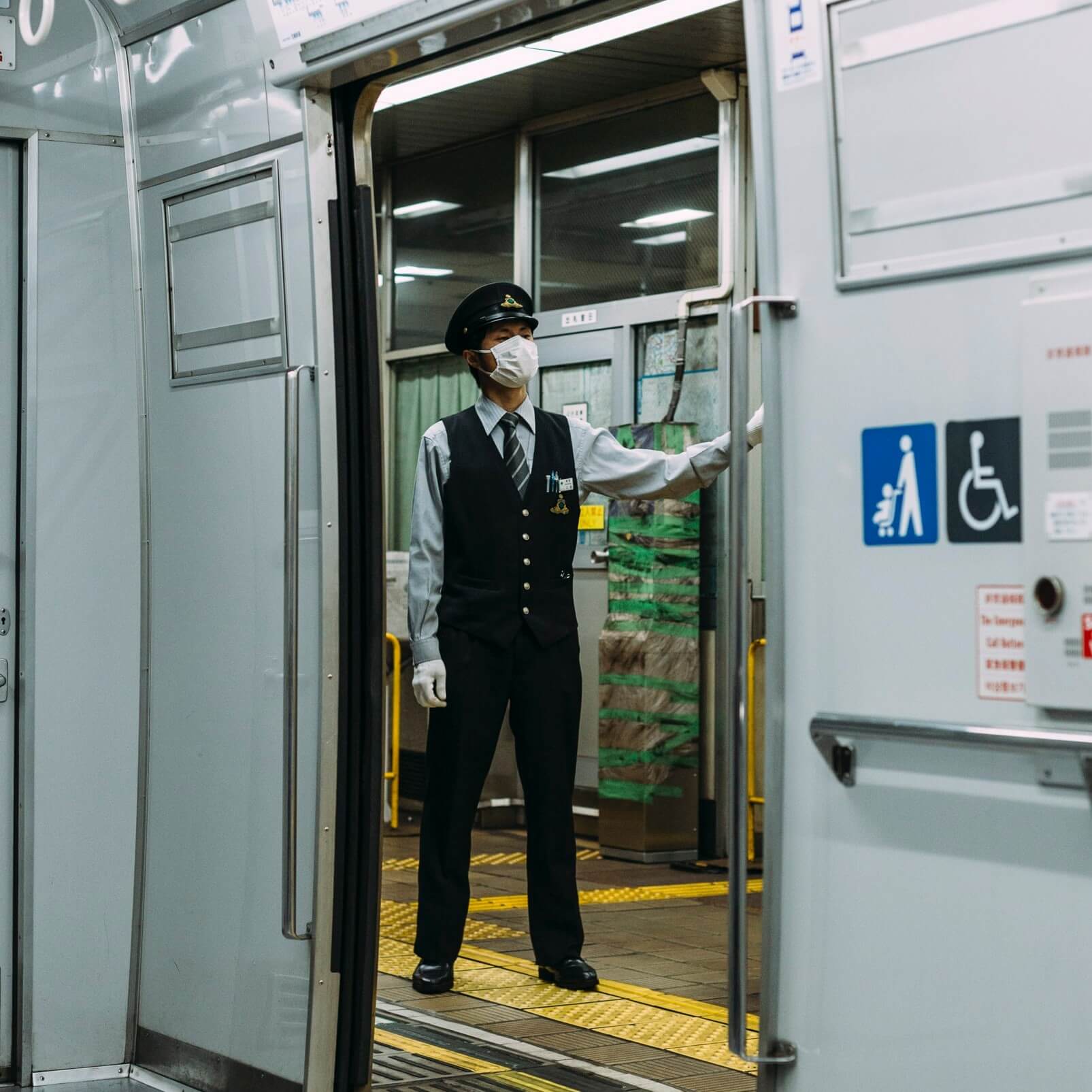
Can Covid-19 Cause Blood Clots, and What Are the Symptoms?
At first, most people thought that COVID-19, like other human coronaviruses, mostly hurt the lungs.
However, as the epidemic spreads, reports show that the disease's worst effects were not just in the lungs. The coronavirus infection can also affect other parts of your body, such as your blood vessels. So, can you get blood clots from COVID? Can COVID cause blood clots in lungs?
This article will cover all you need to know about blood clots caused by COVID-19, from the causes to how to treat them.
Why COVID-19 Is Considered A Blood Vessel Problem?
Many COVID blood clot symptoms are linked to effects on our blood vessels, such as claims that "sticky blood" increases the risk of deep vein thrombosis or heart attack. COVID blood clots stroke, or neurological effects are also a possibility. The blood clot might even cause painful red and swollen areas on the feet, which some might call "Covid toe."
The coronavirus disease can hurt the endothelium, which is the lining of the blood vessels. This layer of cells is not completely solid, and depending on some factors, it can let certain things in or keep them out. Also, it is a very important part of keeping blood vessels healthy and working well.
When the endothelium works well, it helps keep blood vessels open and relaxed. It also makes chemicals that reduce inflammation and the risk of blood clotting that could be fatal.
Sadly, endothelial dysfunction, which happens when the endothelium is hurt, can make these activities less effective or stop them altogether.
This is a major factor in the development of heart problems. For example, it has been linked to the formation of atherosclerotic plaques in our arteries, which, if they break, could cause a heart attack or stroke.
Furthermore, a lot of evidence from the COVID-19 study shows that endothelial dysfunction is linked to a worse prognosis for COVID-19.
Can COVID-19 Cause Blood Clots?

COVID causes blood clots and is one of the most dangerous effects of the infection
According to research, people who got Covid-19 during the first wave of the pandemic, before vaccines were available, were more likely to get a blood clot for more than a year after being infected.
This study showed that the risk of diseases caused by blood clots in the arteries, like a heart attack or stroke, was 21 times (2,100%) higher in the first week after a COVID-19 diagnosis. This comparison was made with people who didn’t have a COVID-19 diagnosis, and this increased risk lasted for the next 52 weeks.
Six months to a year after the diagnosis, the risk went back to where it was before the diagnosis, but it was still 1.3% higher than normal.
Researchers also looked at venous thromboembolic disorders (a blood clot in a lung). In the first week after a COVID-19 infection, the risk of vein clots was 33 times (3,300%) higher than in people who didn't have COVID-19. After 26 to 49 weeks, the risk was only 1.8 times (80%) higher.
Can Blood Clotting Become A Cause Of Death During Covid-19?
Since the blood clotting problem is often not diagnosed, it is hard to be sure.
In severe COVID-19 cases, pneumonia is the main cause of death. However, clotting of the blood could also be to blame.
When a person dies from COVID-19-related respiratory failure, their lungs often don't show the kind of damage seen in the lungs of people who have died from other acute respiratory distress syndromes (ADSs), especially if they haven't been on a ventilator.
That said, blood clots are common in the lung tissue's small blood vessels, suggesting that clotting plays a role in respiratory failure.
How To Prevent Blood Clots During Coronavirus?
There are a number of medicines that can stop or slow blood clotting. Some of these drugs have been used safely for decades to treat and prevent heart disease. Here they are
- Aspirin and other antiplatelet medicines
- Heparin, enoxaparin, and other anticoagulant drugs
- Thrombolytics medication that quickly breaks up dangerous blood clots to prevent a heart attack or stroke.
There are also various clinical trials testing other drugs to see their effectiveness against severe complications from COVID-19.
Another way to reduce the risk of getting serious effects from COVID-19 is to catch the virus on time.
You can do this by getting a lateral flow test home kit. Some of the best options include the Flowflex antigen test or a Healgen antigen test kit. The best part about these tests is that you do not need healthcare professionals to take them.
Conclusion
COVID-19 is known to greatly affect the lungs, but it can also affect your blood vessels and increase the odds of blood clotting.
Sadly, it is hard to detect whether or not this clotting can lead to death, but there are signs that show that it does.
Thanks to some drugs used to treat heart conditions, there are ways to prevent or treat blood clotting caused by the infection.



